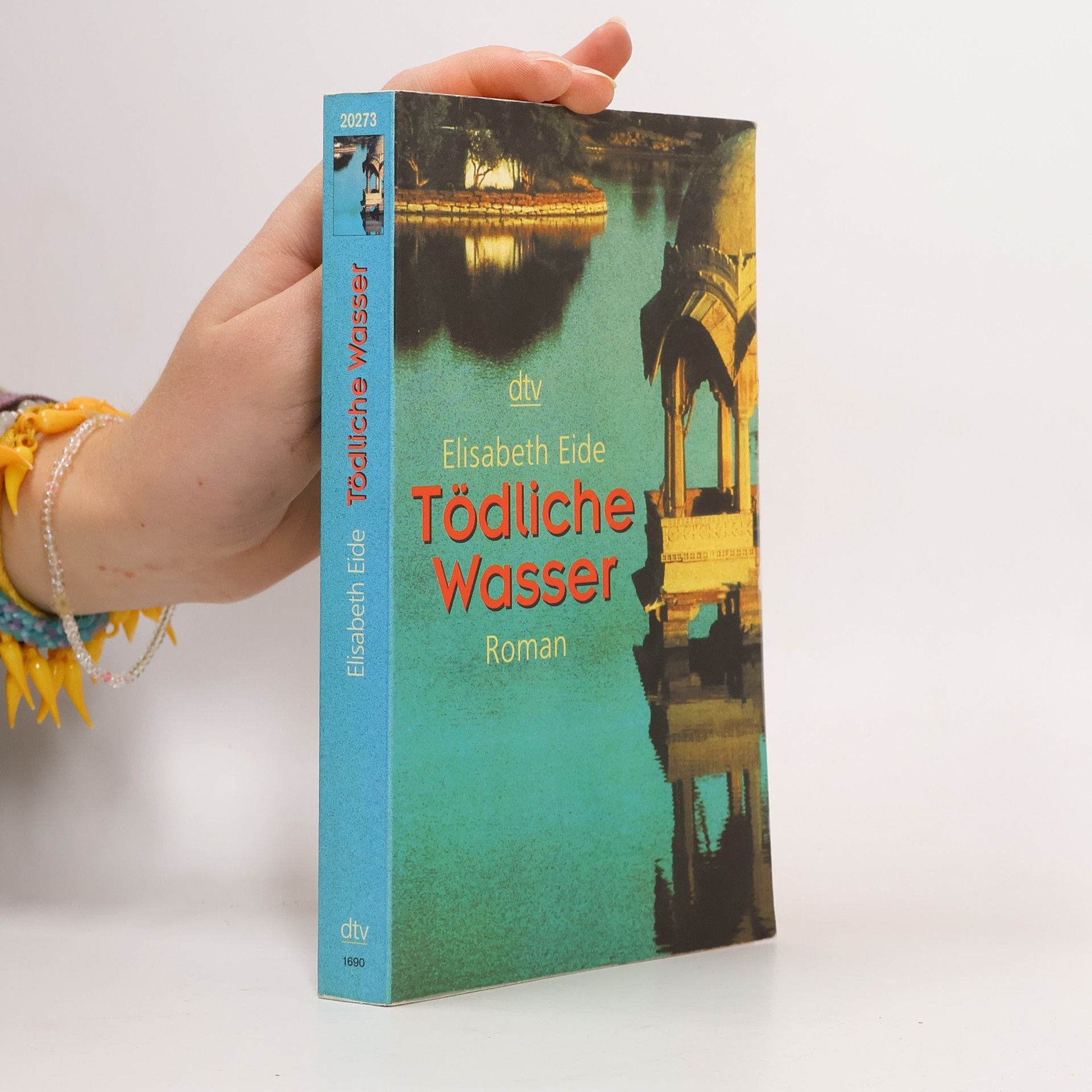»Ein gelungener Thriller und mehr: ›Tödliche Wasser‹ ist auch ein melancholischer Roman von der Suche nach dem Sinn.« Harald Skjønsberg in ›Dagbladet‹ Nina Marstein ist freie Journalistin mit heftigem Winterfrust. Die Bewilligung eines Reisestipendiums nach Indien kommt ihr daher außerordentlich gelegen. Ein bißchen Recherche über alternative Energiegewinnung, und dann faulenzen, herumreisen, vielleicht ein bißchen Schwung in das verkümmerte Liebesleben bringen. Als die Boeing 747 in Heathrow abhebt, überkommt Nina ein Gefühl großer Erleichterung, unter der türkis-blauen Mosaikkuppel des Flugplatzes in Abu Dhabi versinkt sie in einen wohligen, tranceähnlichen Zustand, und als sie schließlich in Delhi landet, ist sie völlig entspannt. Doch was als netter Ausflug in die Sonne beginnt, entwickelt sich bald zum lebensgefährlichen Alptraum ...
Elisabeth Eide Book order (chronological)
Elisabeth Eide is an emeritus professor at OsloMet University. Her research primarily focuses on media and marginalization, with a strong emphasis on gender and various minority groups. She has a significant publication record, including numerous academic books and articles, as well as five novels. Her extensive experience as a journalist, both domestically and internationally, informs her insightful analysis of societal representation. Eide's work critically examines how media shapes perceptions of marginalized communities and explores the nuances of their experiences.
